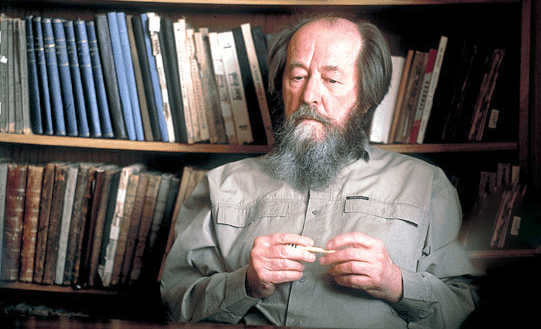Alexander Solzhenitsyn opens his Harvard commencement address with a statement that is characteristically Russian, something Dostoyevsky would probably say — “The truth is seldom pleasant; it is invariably bitter.”
Login to read more
Sign in or create a free account to access Subscriber-only content.
